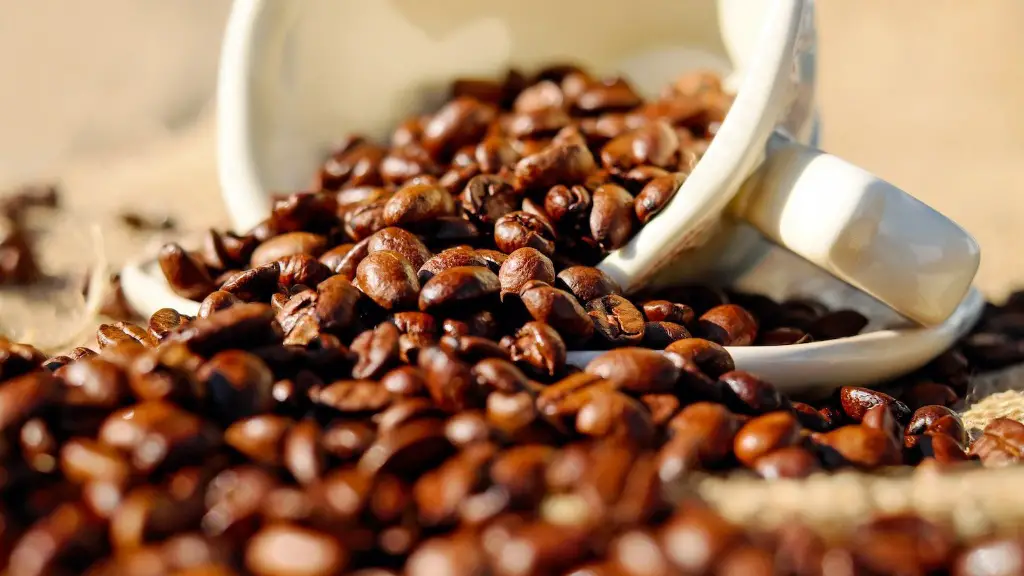Definition
Coffee is one of the most popular caffeinated drinks worldwide, consumed by millions of people every day. Caffeine, a naturally occurring stimulant, is the primary ingredient in coffee. It is also found in some other beverages and products, such as tea and energy drinks. Caffeine stimulates the central nervous system, giving consumers more alertness and energy. It can also result in undesirable side effects, such as jitters, insomnia, and anxiety.
Why Do People Get Shaky After Drinking Coffee?
Many coffee drinkers report feeling jittery after consuming a cup of joe. This condition is commonly referred to as “coffee shakes,” and it can be caused by several different factors.
The primary cause of coffee shakes is the caffeine in the beverage. When caffeine enters the bloodstream, it stimulates nerves in the body, which can make a person feel shaky. The effects of caffeine vary from person to person, so individuals who are more sensitive to its effects may be more likely to experience coffee shakes. Too much caffeine can also lead to coffee shakes, particularly if the beverage contains more caffeine than a person is used to consuming.
Coffee shakes can also be triggered by the sugar in coffee. Consuming too much sugar can cause a person to experience a sugar rush. This rush of energy can make them feel shaky, as their body experiences an adrenaline spike. Many coffee drinks, such as lattes, cappuccinos, and mochas contain added sugars, so it is important to limit your consumption of these types of beverages if you are trying to avoid shakes.
Managing Coffee Shakes
There are several strategies that can help to manage coffee shakes. The first step is to drink caffeine in moderation. If a person is feeling shaky after consuming coffee, they should avoid drinking more caffeine and wait a few hours before resuming their normal caffeine consumption.
It is also important to be mindful of the type of coffee drinks being consumed. Adding cream, milk, or sugar will add calories, fat, and carbohydrates to the beverage, which can lead to a sugar rush. Instead, opt for black coffee, or simply reduce the amount of added ingredients in the drink.
Lastly, it is important to recognize that coffee shakes are not always caused by caffeine. People with underlying medical conditions, such as diabetes or adrenal fatigue, can also experience coffee shakes. Therefore, it is important to discuss any symptoms with a doctor to ensure that there are no underlying medical conditions causing the shakes.
Benefits of Coffee
Although coffee shakes can be unpleasant, there are many benefits associated with drinking coffee. The caffeine in coffee increases alertness and can help to improve focus and productivity. Additionally, research suggests that coffee can reduce the risk of some chronic diseases, including heart disease, Parkinson’s disease, and type 2 diabetes. Coffee is also packed with antioxidants, which can help to protect cells from damage caused by free radicals.
Conclusion
While coffee shakes can be unpleasant, they do not necessarily mean that the coffee should be avoided. Taking the right precautions, such as moderating caffeine intake and limiting added sugars, can help to prevent coffee shakes. Additionally, there are several health benefits that can be gained from drinking coffee, making it a beneficial beverage when consumed in moderation.

